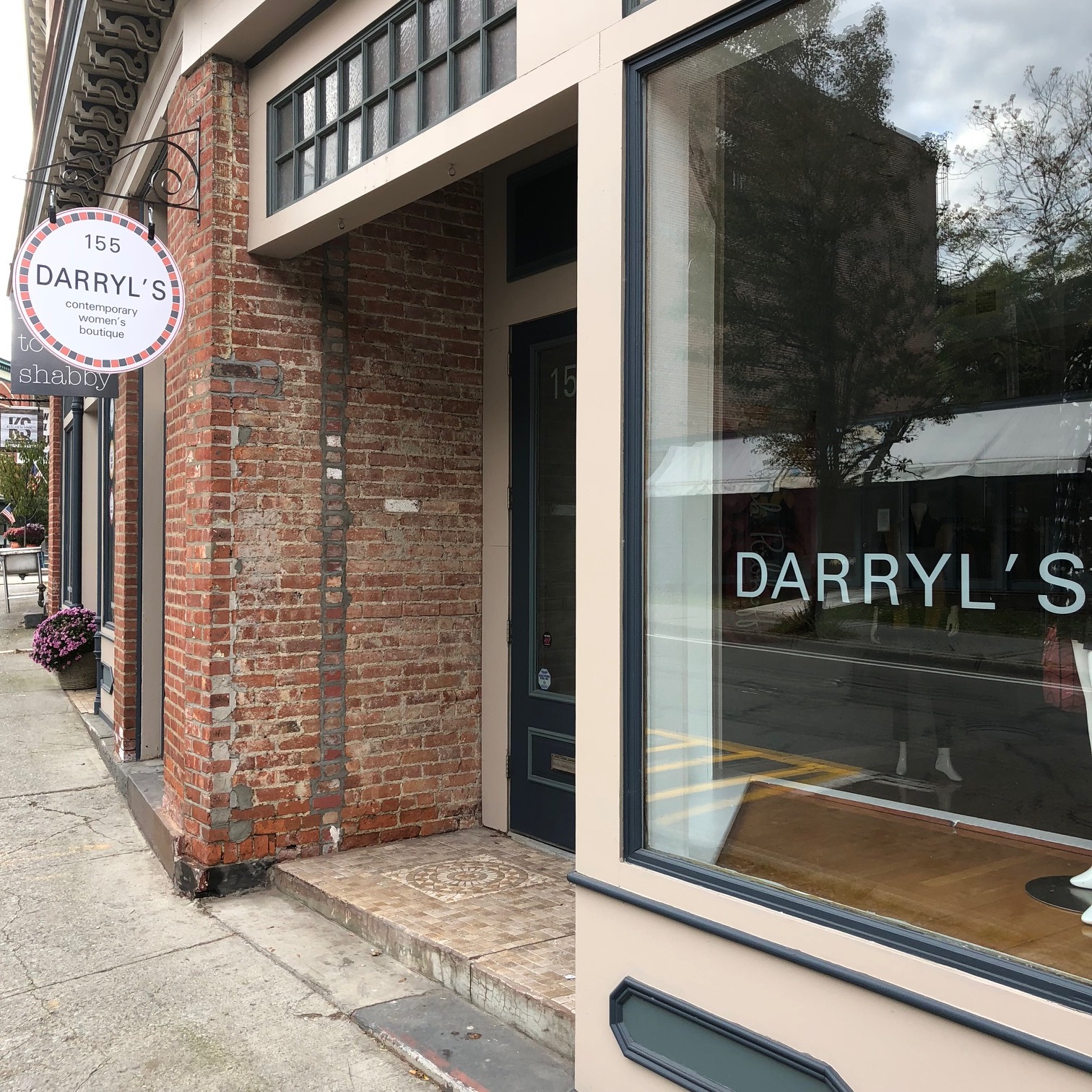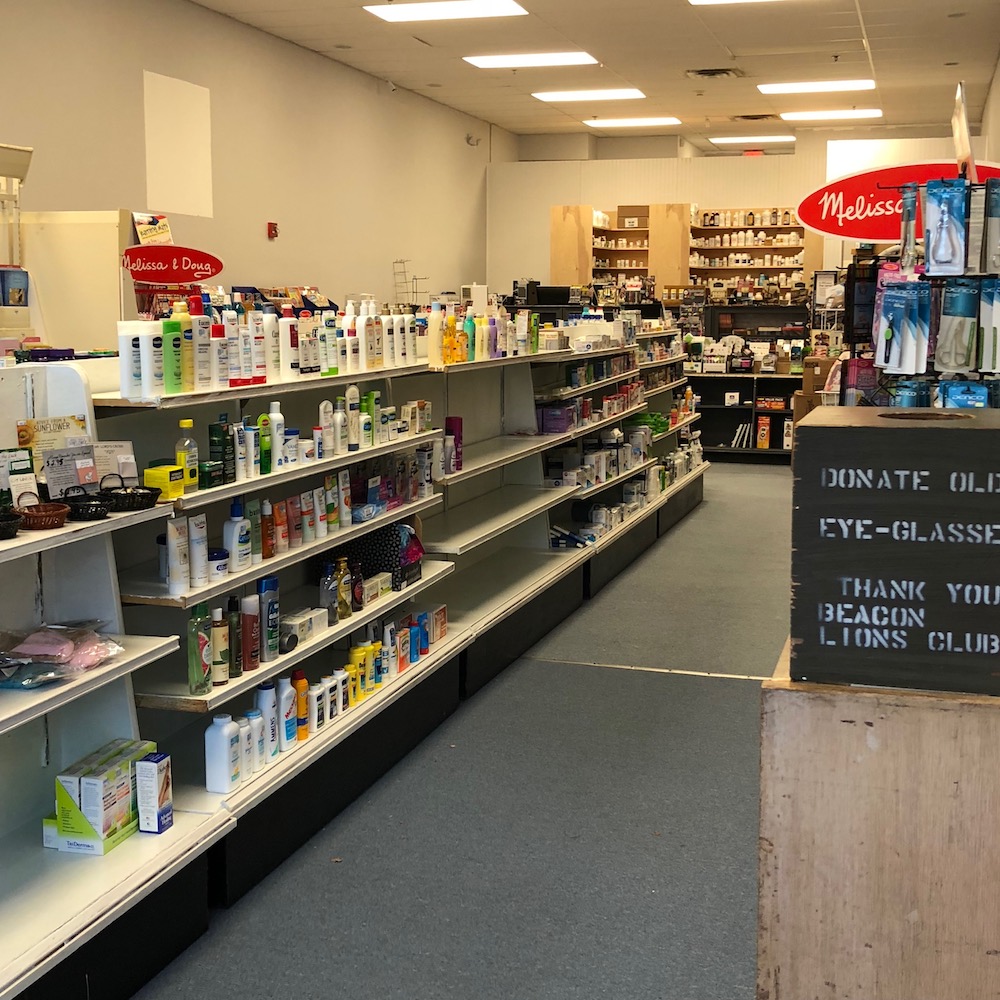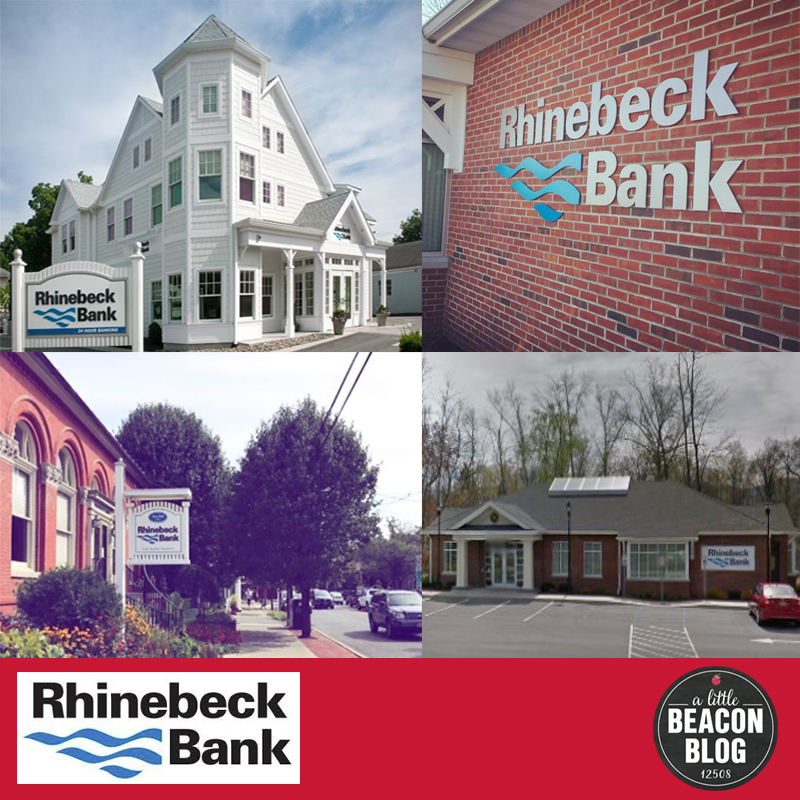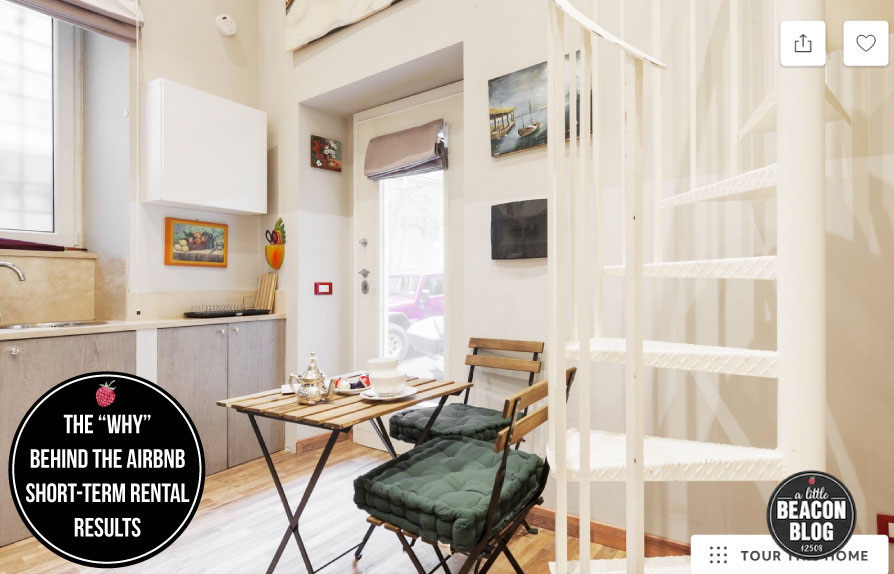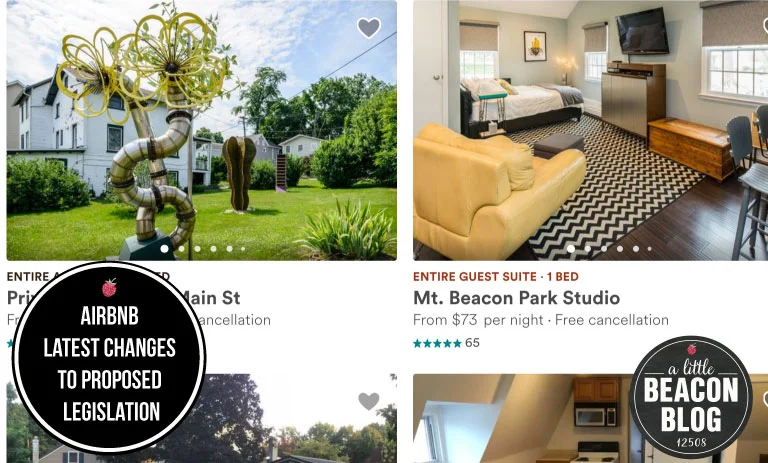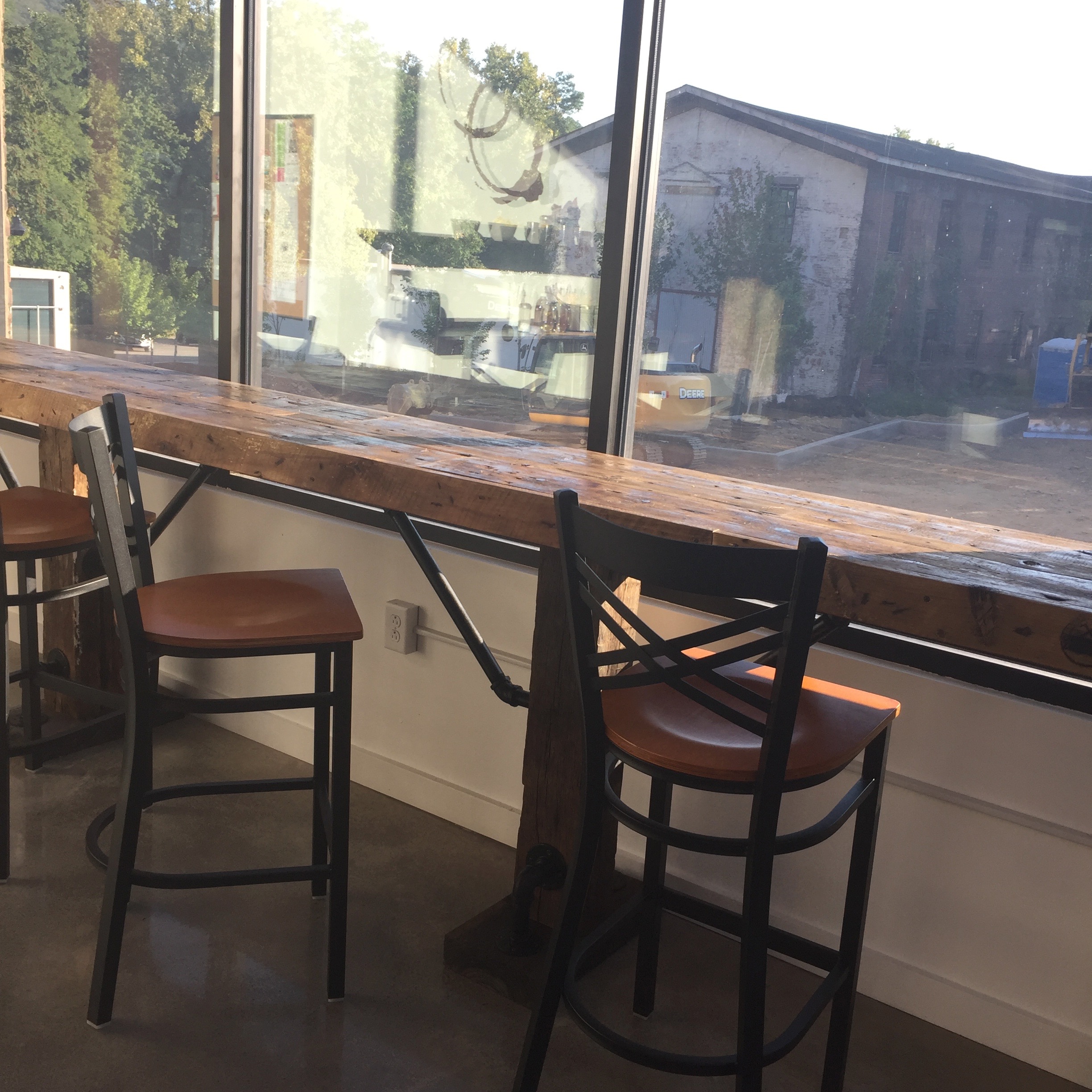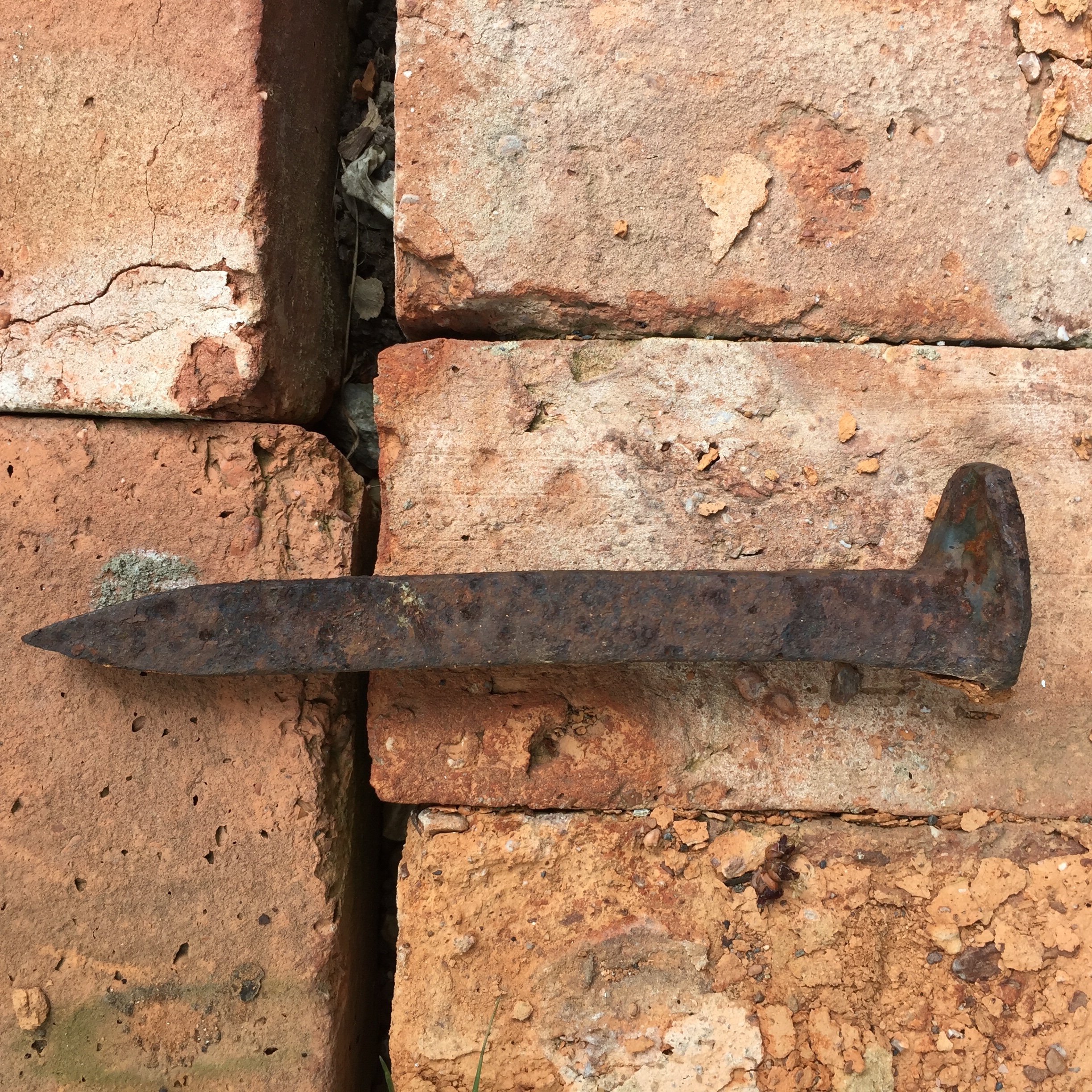UPDATE 2/7/2020: This ruling still stands. Beacon has not legalized “short term rentals” which is what Airbnb falls under. Therefore, people who do run an Airbnb from their home are subject to getting a cease and desist letter from the City of Beacon. Is it a bummer? It is. Airbnb in its simplest form is fun and useful. But Airbnb needs to respect municipalities (Airbnb is known to not be cooperative), and homeowners need to respect zoning laws of the city and their neighbors. So there we have it until this is revisited by City Council for a new vote on the legislation they crafted but voted against at Airbnb homeowner’s requests.
The headline of this article might seem odd, because it implies that Beacon's City Council was not in favor of short-term rentals (aka Airbnb or home-sharing). Council members actually largely did support homeowners renting out their homes to earn extra income. The night of the vote, homeowners who rent out spaces via the Airbnb website had come to the City Council meeting to ask the Council members to vote against the legislation that the Council had been crafting to legalize short-term rentals in Beacon based on the public's input for the past several months.
In a vote of 3-4, with Mayor Randy Casale, Jodi McCredo, and Lee Kyriacou voting "Yes" to legalize short-term rentals, the rest of the Council voted "No." After tallying the votes, the Mayor announced: "The law does not pass. What that means is that all short-term rentals are illegal in the City of Beacon."
The resulting silence was stupefying. It lasted for 24 seconds. The night had been set up for the vote to pass. Homeowners and people who cleaned short-term rentals had shown up to demonstrate their support for short-term rentals - yet asked for a "No" vote. They then got that "No" vote, along with the declaration that short-term rentals were illegal in Beacon because there was essentially no law at all in the first place to protect them.
Editor's Note, 6/1/2018: By default, short-term rentals in Beacon were prohibited, so they were never allowed in the first place (hard concept to grasp, but we explain below), nor had any protections. This legislation would have legalized them, and required them to get a permit.
Two additional pro-short-term rental laws were also being proposed, on the assumption that short-term rentals would be legalized:
One proposed law would set the new permit fee;
The other would have urged New York State to set its zoning code for short-term rentals, and separate short-term rentals from being classified as Bed and Breakfasts. At the state level, that classification requires that homes have sprinkler systems or egress windows for fire safety.
Technically, there is no law about short-term rentals in Beacon, so there is nothing in place to protect them. According to Beacon City Attorney Nick Ward-Willis, new things like short-term rentals that are not specifically written into Beacon’s Zoning Ordinance are prohibited. Said Nick via email: "The Beacon Zoning Ordinance provides in the Schedule of Use Regulations a list of permitted uses within a zoning district and provides that 'No building or premises shall be used and no building or part of a building shall be erected or altered, which is arranged, intended or designated to be used, in whole or in part, for any uses except the following [see the Schedule of Uses].' Any use not specifically listed shall be deemed to be prohibited.”
Why Now? Why Are Short-Term Rentals Being Contested?
Beacon’s City Council has been debating how to legalize short-term rentals since December 2017, after a Beacon resident and new owner of 51 Orchard Place cut down 13 trees in his yard without a permit, and listed the home on Airbnb. Some of his neighbors were enraged (others supported the tree removal), and brought to the City Council their concerns that homes in neighborhoods were being purchased not as primary residences, but as investment properties (aka "non-owner occupied"), thus altering the neighborhood feel.
Those against his listing of the Orchard Place property on Airbnb presented a petition to ask the City to define regulations about short-term rentals, but not stop the practice entirely. Neighbors were demanding that the City enforce that short-term rentals be illegal in Beacon, but there wasn't an ordinance either way about whether they were allowed or not. Hence the default to the rule that the City Attorney mentioned above.
The legislation that the City Council crafted (after several rounds of drafts) essentially legislated this house out of being a short-term rental because it was not the owner's primary residence. This home has since been unlisted from Airbnb, and put on the market for an asking price of $699,900. The Zillow estimate of the home is $412K.
Wait, What? Short-Term Rentals Are Illegal in Beacon?
According to a letter submitted by Airbnb to the City of Beacon, in 2017 alone, over 9,100 people stayed in Beacon in an Airbnb. Also in 2017, Dutchess County took in over $220,000 in taxes from the 4% Bed Tax paid by Airbnb on behalf of its homeowner hosts, according to Dutchess County Legislator Nick Page, who we reached out to for numbers. Based on those stats, there are far more people coming to stay the night in Beacon than there are hotel rooms to house them in Beacon or in Fishkill. There is a huge supply of people coming to Beacon to stay the night.
Other cities have been operational in the home-sharing market, but in an unregulated or protected way. For instance, in a suburb of Columbus, OH, called Upper Arlington, Airbnb was beginning to thrive, as people would seek to stay there when visiting for Ohio State University games. Last month, Upper Arlington voted to make all short-term rentals illegal, and stated to revisit it in one year.
Beacon had been drafting a law to allow short-term rentals (see our highlights of what was in or out here). Some topics that were addressed included possible limits on how many days a property could be rented, and what spaces were not rentable - attics, or basements, or RVs and tents in backyards. Other cities do have a limit on the number of nights homeowners can rent out, and Beacon started with a 100-day maximum, but during a public meeting, Council Person John Rembert suggested that the council revisit that after hearing public pushback against the maximum. The City Council did throw out that maximum. See the final version of the law here for what was included or not.
The final version of the bill called for one added expense for homeowners: a permit that would be good for two years and could be renewed. And that was the only added expense.
The Issue of the Sprinklers
Once you have the OK to set up shop in Beacon as a short-term rental, you have to also be OK with New York State code, and in compliance with whatever the state says. The state has not yet defined its code requirements for short-term rentals. It drafted a law, but that law has been stalled for a long time. In New York's draft of a brand-new state law for short-term rentals, sprinklers are not mentioned, and the fire-safety requirements for a homeowner would include "conspicuously" posting a list of emergency phone numbers for police, fire and poison control. They would also need to have a working fire extinguisher. However, we asked Beacon's Dutchess County Legislator, Nick Page, if he knew of any movement on that new bill. "Not as far as I know," was his answer.
If there is no code specified, Beacon's Building Inspector, Timothy Dexter, has stated that he would go by the Bed and Breakfast fire code, which requires sprinkler systems in the home or an egress window that can be pushed out.
Homeowners found that threatening and not affordable. However, if New York State completes their law, this could all be a moot point. The Beacon law was requiring that homeowners comply with New York State law - which people need to do anyway with state laws. Beacon's law was simply to say that short-term rentals in a primary residence were OK, and outlined some rules - which did not specify sprinklers.
What Was Beacon's Law For? What Got Voted "No"?
Beacon's law would have legalized short-term rentals in the city of Beacon, and had nothing to do with state law (because there currently is no state law around short-term rentals). The state law could have included the sprinklers depending on interpretation by the Building Inspector, based on guidance he got from the state, according to the City Attorney. During the night of the city council's vote, the City Attorney went on to say that the state has to regulate short-term rentals somewhere, and until there is something official, that somewhere is code relating to Bed and Breakfasts. However, he noted, the regulation could be in a more restrictive area called R1, but the State is seeking the less restrictive of Bed and Breakfast.
Said the City Attorney that night: “We are talking about two distinctions. What the zoning permits, versus what the state permits. You can regulate zoning, but you can’t regulate what the state code provides for.” Two different laws. Beacon's law would only have green-lighted the concept of short-term rentals in the Schedule of Uses, and how that would work.
Here's a screenshot of what a portion of what Beacon's Schedule of Uses mentioned above looks like. See those line items? Behind each item on this list is how the area of interest would work, according to how the City of Beacon regulated it. The short-term rentals regulation would have put Short-Term Rentals onto this list, with certain rules to follow (here's a link to the law's final draft, which was voted down).









